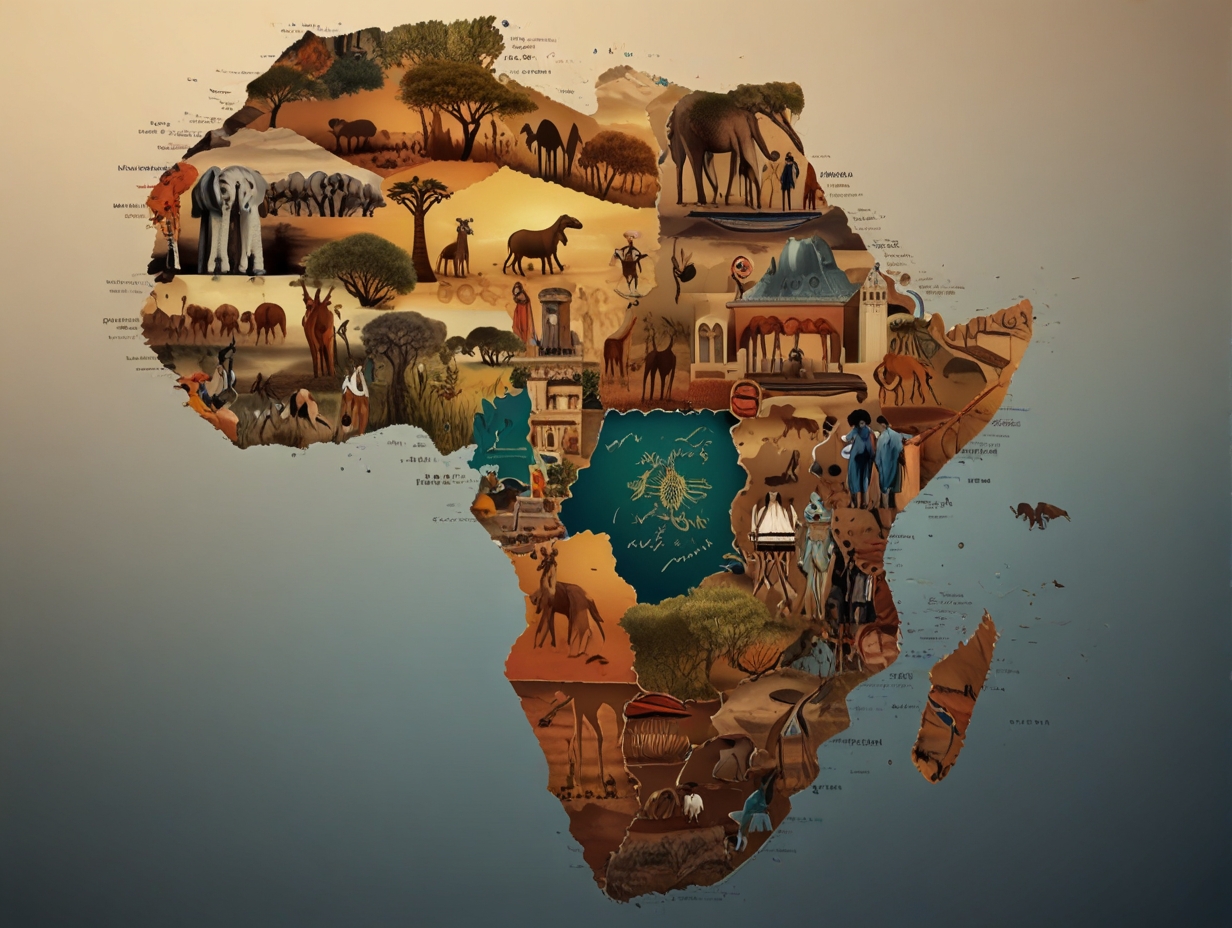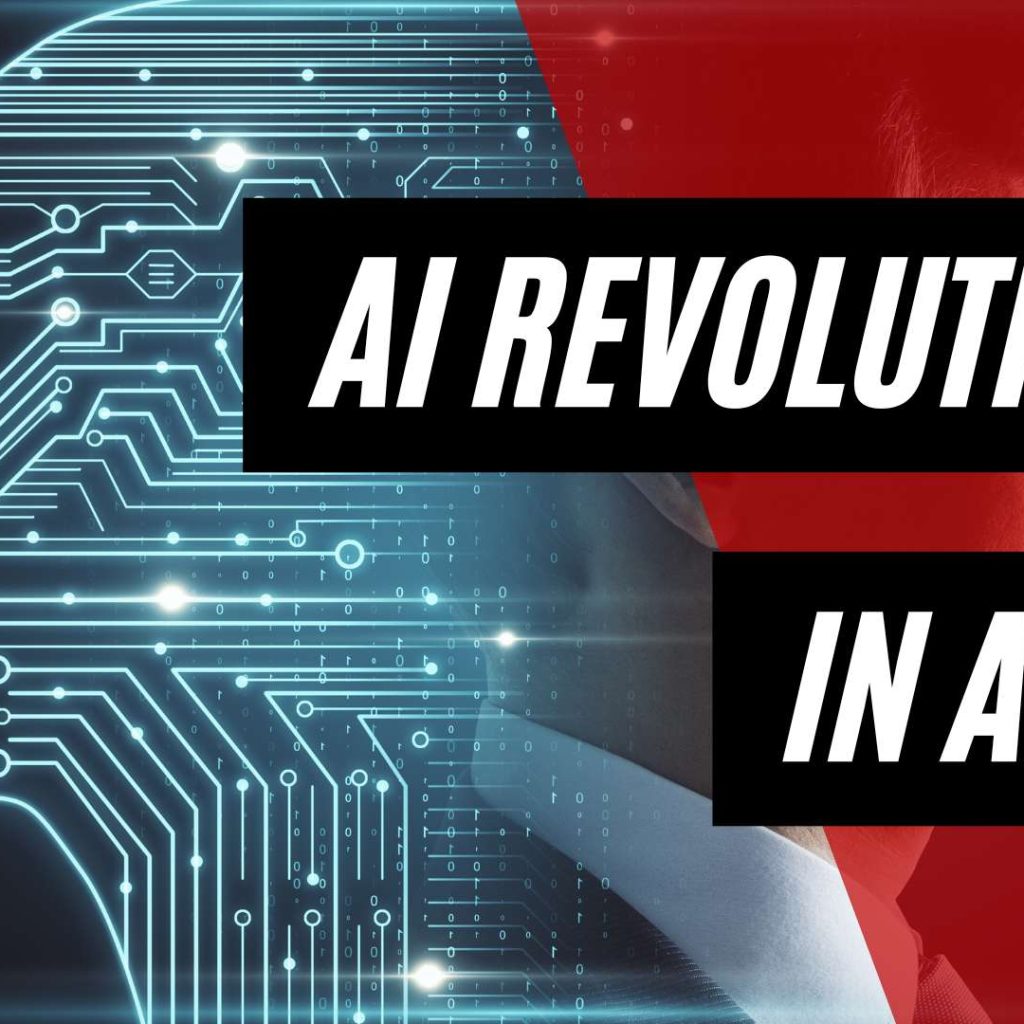The pace of AI technology breakthroughs is in African labor market which potentially will undergo changes that may reshape it. With the advancement of AI technologies, they offer a decent balance between the challenges and opportunities, transforming industries, and ensuring less automation in routine clerical tasks and consequently, altogether new employment opportunities are provided.
Africa AI-driven workforce for future empowerment
With AI integrated into many sectors gaining popularity, the demand for jobs that perform laborious and repetitive tasks may decline, allowing the workers to concentrate on tasks that include complex, creative, and high-value duties.
It is likely that this transformation will improve productivity and innovation which are the platform concepts, but it also raises the issues of job displacement It requires, all in all, input in the education/skill development as AI is gaining momentum, to exploit the benefits of AI and to keep the job losses at bay.
It is significant to give STEM education priority and be the foundation of the workforce with requisite skills for the AI-infused economy. What also matter is extensive retraining programs and continuing education deals for those who need new skills to deal with future events where AI and humans work together.
The continent then will not only make redundancies of jobs to be prevented, but also it become a major part of the robotized world. Furthermore, Africa will get opportunities not just to become a part of the AI development of others but also to develop for themselves. They also propose the construction of AI instruments that consider and support African contexts, AI that can accept and respond to African languages.
Policies, frameworks for supporting the AI transition
AI-induced change affects more than purely job-related frameworks; AI notably challenges the informal employment sector, which accounts for a massive chunk of Africa’s workers. The pandemic has forced the replacement of numerous digital platforms and led to the adoption of a technology-driven economy, affording the informal sector numerous opportunities to be on the Internet.
Nevertheless, society’s movement towards electronic planks and machine intelligence leads to problems such as job security and fair wages.
To move through all of these difficulties actively, African lawmakers should pay a great trade-off between innovation on the one hand and social responsibility on the other. Forcing in place strict laws safeguarding employees’ rights, offering equitable remuneration and providing social amenities are the essential requisites.
Besides that, nurturing entrepreneurs and backing SMEs strengthen the continent’s entrepreneurship potential in the booming digital marketplace.
This article quoted from a blog post of Jacki O’Neill, Director of Microsoft Africa Research Institute (MARI)





